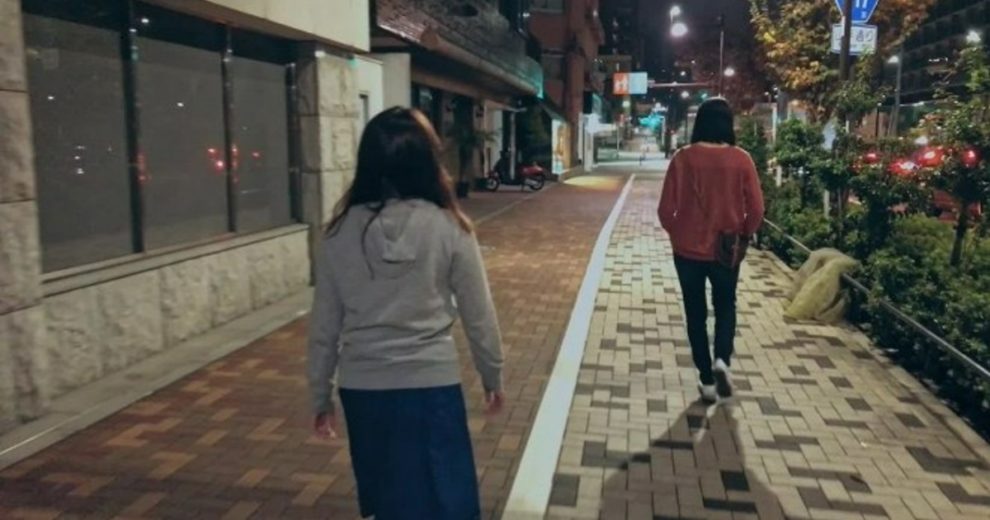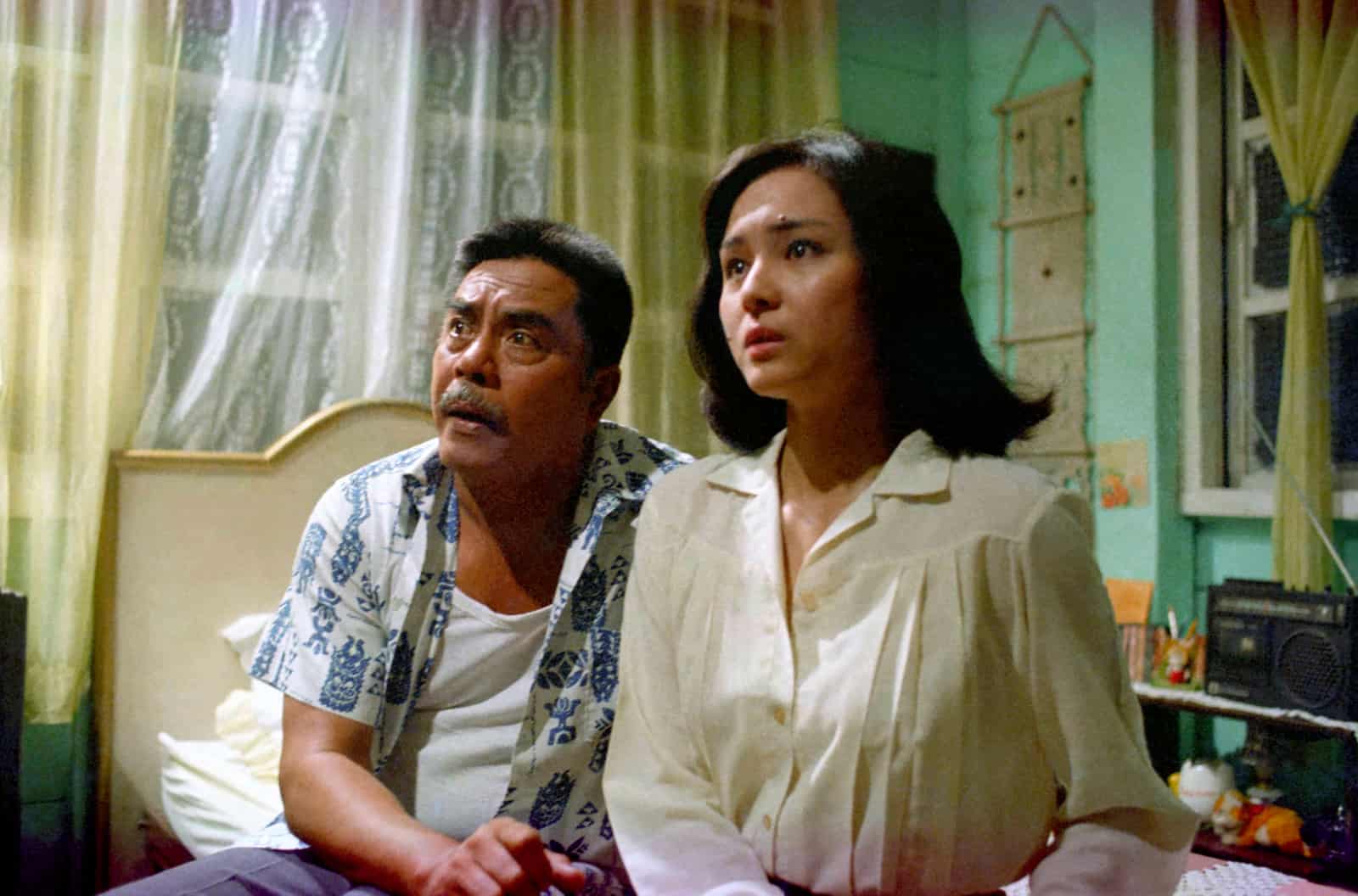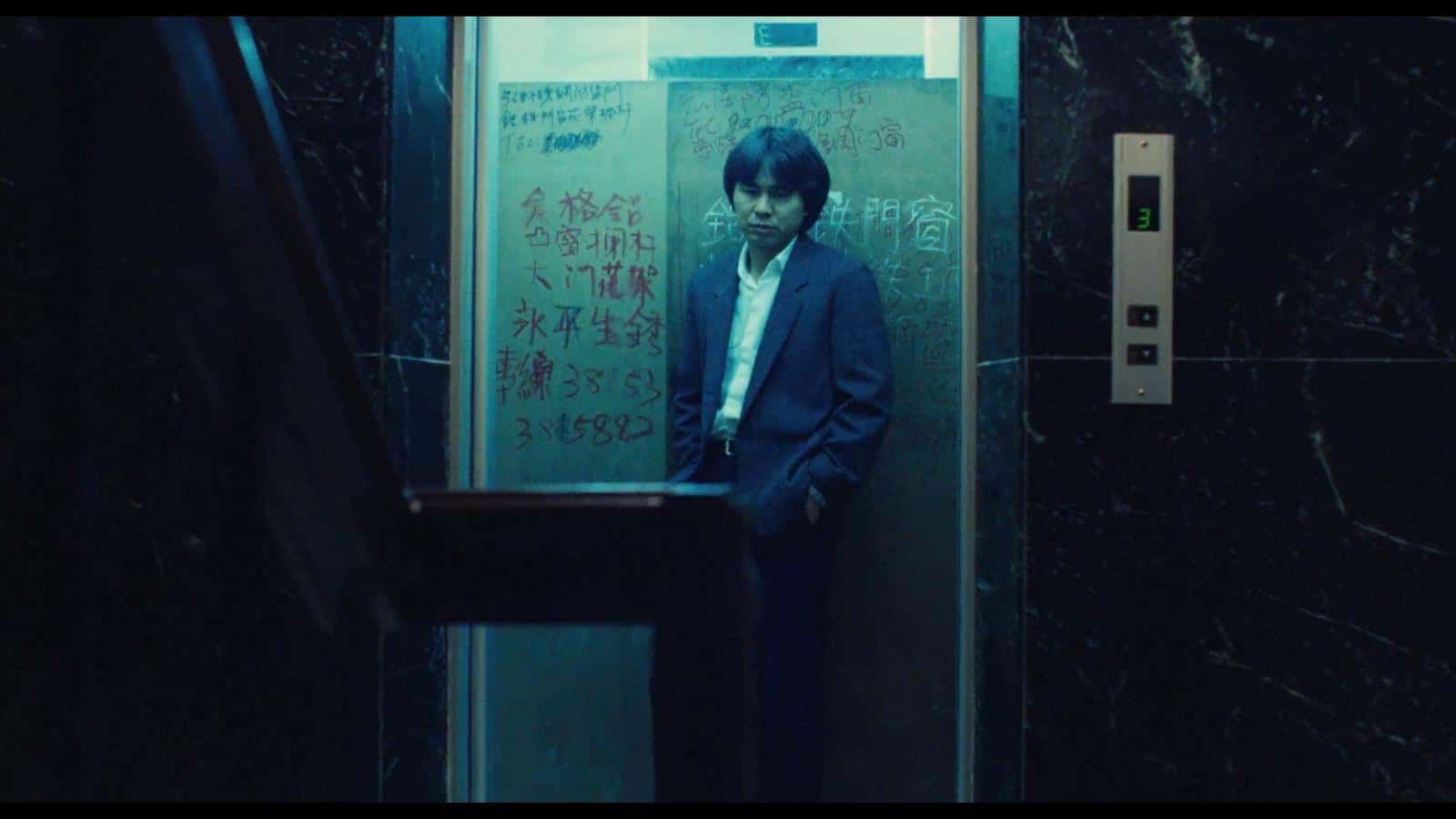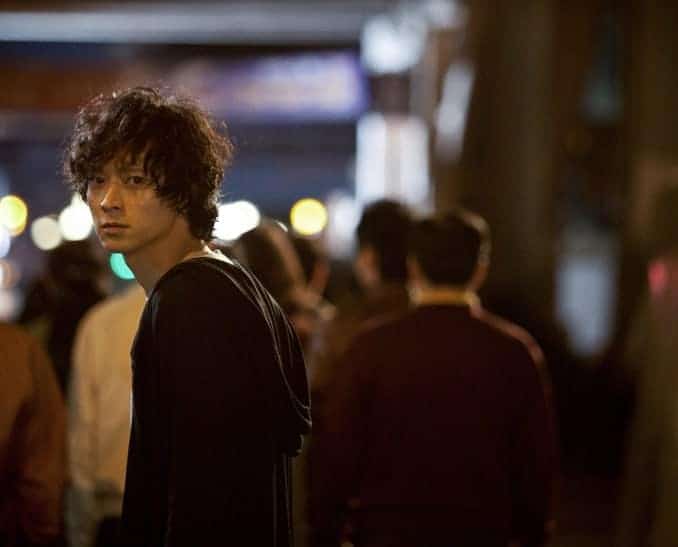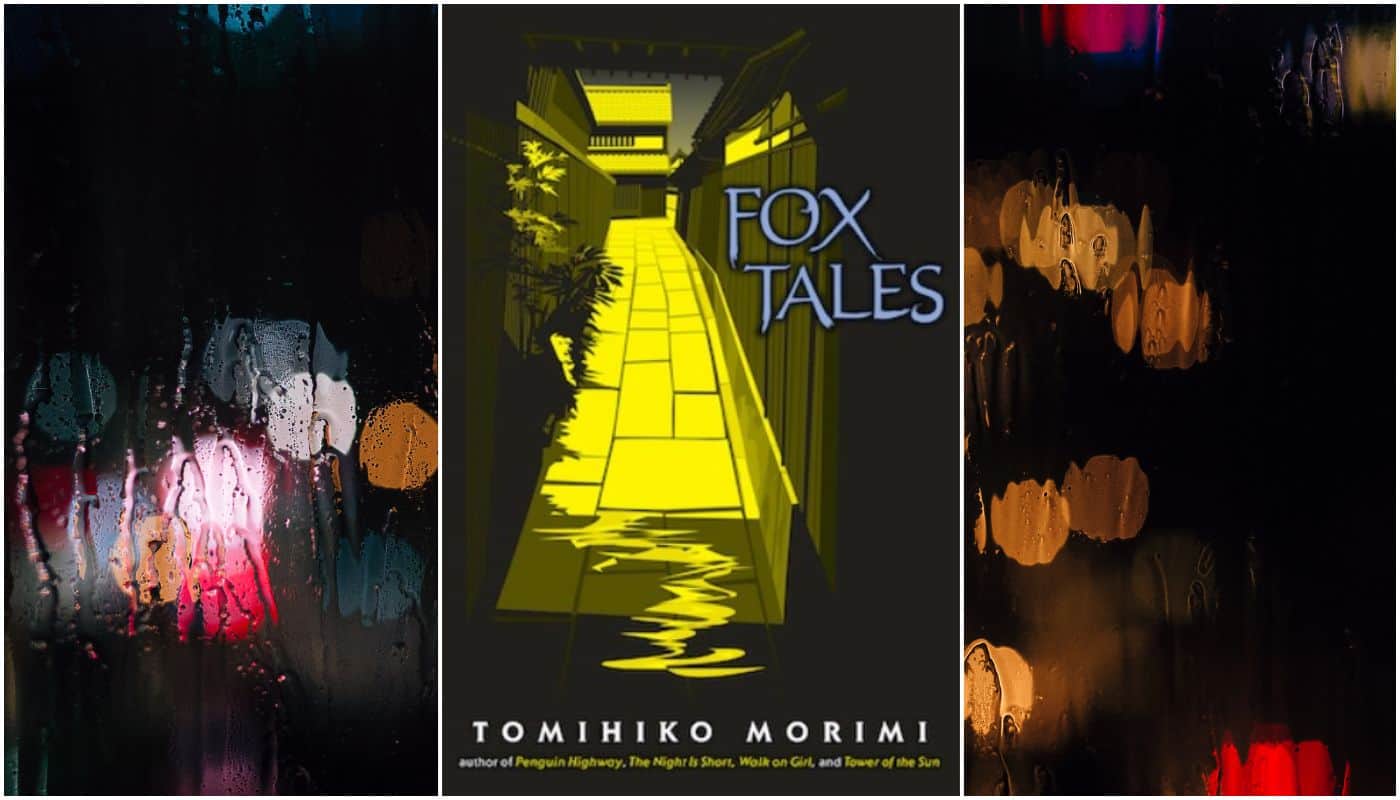Continuing exactly where he left off with “Unscripted Life” to the point that “Overnight Walk” looks some sort of sequel, Teppei Isobe expands on the comments he made in the 2018 short, while adding a number of additional ones and a road trip element.
Overnight Walk is streaming on TodoiF

Using another dinner a restaurant as its basis, Isobe introduces us to a theater crew, where the main topic is about nudity in a play, with one actress having already done it, one being completely negative about it, and one of the protagonists, Sakura, pondering whether she should do it. The fact that she is 27-years-old and her career has not picked up at all, weighs heavily, but the decision is still tormenting her. In the meantime, her boyfriend receives an unexpected visit from her older sister, Yuriko, who has come to Tokyo to see her sister, with the man embarrassing himself in front of her a number of times. Eventually, Yuriko goes to the place Sakura is and the two begin a midnight walk from Shimokitazawa to Shinjuku.
Isobe uses the three different settings of the movie (apartment, restaurant and the streets) in order to present a number of comments, which extend from the entertainment industry to relationships and family. The pressure young, beautiful and up-and-coming actresses feel to appear nude is a central one, with Isobe mentioning the issues that can arise with their parents, their boyfriends or husbands, and essentially, with themselves, since appearing nude in front of people takes much courage and is not exactly an easy thing. The awkwardness Sakura's boyfriend feels when her sister “catches” him watching porn also shows the reason behind the aforementioned pressure, which essentially happens because men want to see beautiful women naked, and directors are occasionally included in the list.

The walking around sequences, which take up the largest part of the 42-minute short, focus on another set of problems, which actually revolve around the differences of “those who got away and those who stayed behind” with Sakura and Yuriko representing the two, respectively. As such, the latter is tasked with the burden of taking care of their mother and the house in the country, which essentially is what does not allow her to move away, like her little sister. She, however, does not understand her older sister's troubles, to the point that she feels disappointed and left out when she finds out that Yuriko wants to put their mother in an elderly facility and sell the house. That the film does not end up being a melodrama where two sisters fight, though, emerges as one of its best trait, with Isobe showing how understanding can come even from the most unexpected places.
The overall approach, due to the heavy-on-dialogue style frequently points towards a stage play, but the change of locations, and most of all, the trip throughout Tokyo in the night induce the short for a very welcome sense of motion. This aspect also benefits the most from the cinematography, which captures the night in Tokyo in the most appealing fashion, particularly for the solitude the two protagonists experience. Furthermore, the purple park concept and the framing in the stairs scene are excellent and are bound to stay in mind.
Lastly, Reiko Takada as Sakura and Hiroko Yashiki as Yuriko give quite naturalistic performances, retaining their sense of measure throughout the movie, while highlighting both their antithesis, which extends to their appearance, and their similarities as women who grew up in the same area, under the same roof.
“Overnight Walk” is an excellent short, highlighting the great sense of measure Isobe exhibits in all aspects of the film, while also communicating his occasionally pointed but always realistic comments in the most eloquent fashion.


